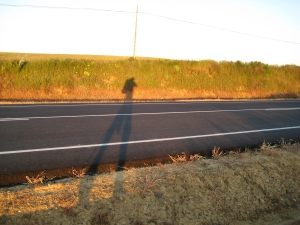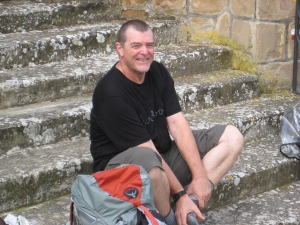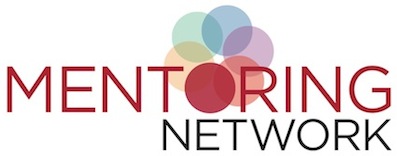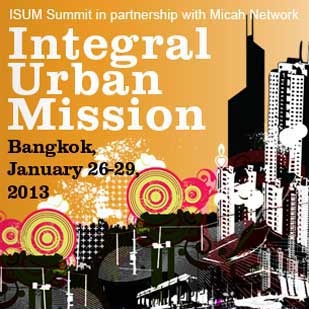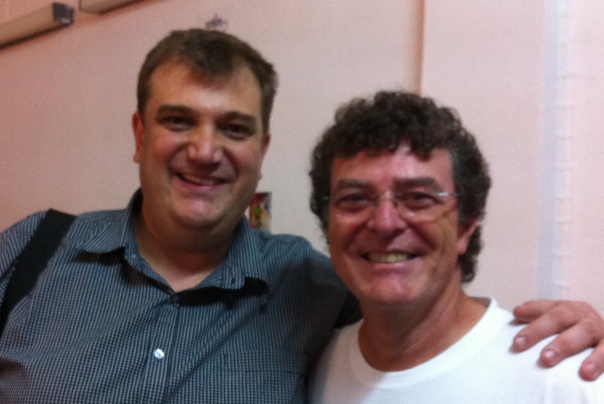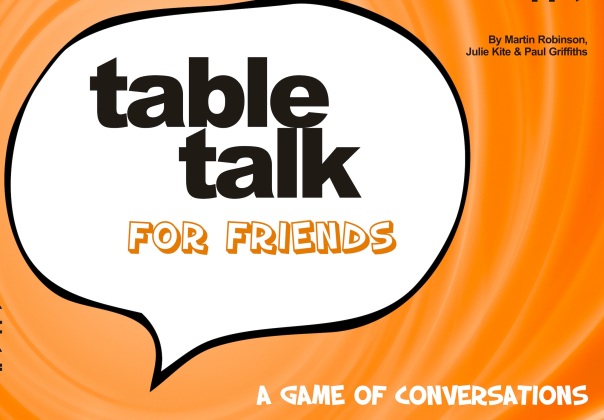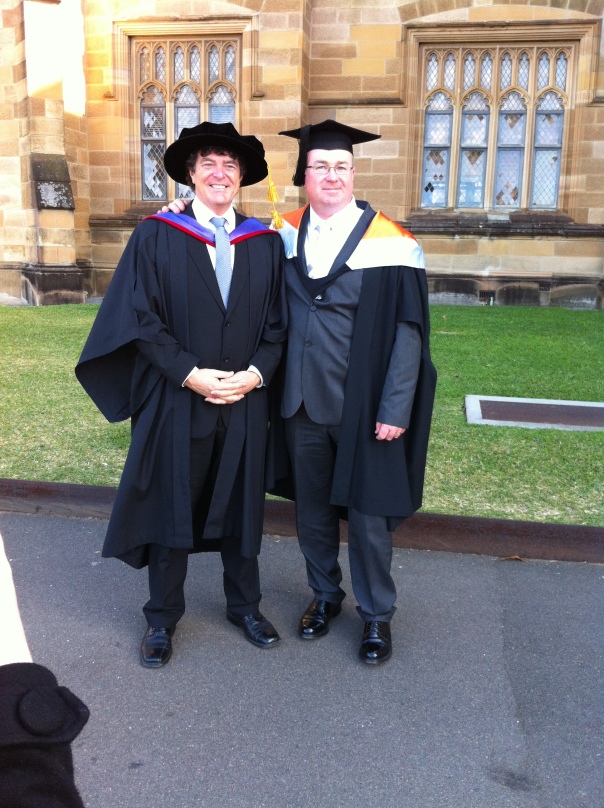 I’m on a train from the Scottish highlands back to Edinburgh. On other occasions when I’ve travelled this route the weather has been miserable and the view out the window has been drab and grey. But today it’s gorgeous – brilliant sunshine showing off this amazing landscape to its best advantage. It’s an apt illustration of what it means to see things in a different light. It sets me to thinking about what else I’ve seen as drab that might actually be marvellous under different circumstances.
I’m on a train from the Scottish highlands back to Edinburgh. On other occasions when I’ve travelled this route the weather has been miserable and the view out the window has been drab and grey. But today it’s gorgeous – brilliant sunshine showing off this amazing landscape to its best advantage. It’s an apt illustration of what it means to see things in a different light. It sets me to thinking about what else I’ve seen as drab that might actually be marvellous under different circumstances.
The last six months have been pretty intense with lots of travel and a variety of activity both in Australia and abroad. That will continue in the second half of the year, but right now, it’s coming up to a break for Heather and me. We are taking two weeks holiday from this weekend – one week in Germany and the other in the South-East of England. I’m as passionate as ever about mentoring Christian leaders, working with Church leadership teams, speaking and training. Even though I love this work it does get tiring and I think I’ve earned a rest. Before heading off I wanted to share a couple of stray thoughts with you about identifying your life purpose and monitoring your emotions.
In mentoring conversations I often help people wrestle with the big question of purpose: ‘Why am I here?’ It’s a great question. It crops up at various times in most people’s lives, especially at three particular points. First of all in your twenties, when you’re figuring out which long-term commitments are worth making (if any) and which are to be avoided. Then it pops up again in mid-life when those commitments we’ve made (or not made) come under revision. It looms once again as a person transitions out of the ‘productive’ phase of life into retirement. (Of course, some people refuse to embrace retirement as a result of wrestling with the question of purpose. That’s another conversation.)
Developing methods to assist in working through this question is something of a mini-industry. Go online and you’ll find plenty of ‘life purpose’ tools, and some of them are very helpful. All of them make the point that this question can only be answered by responding to other significant questions. My very brief take on it goes like this. The purpose question requires clarity about the identity question, the context question and the values question. If you’re looking for your purpose, ask yourself:
- Who am I? What experiences have shaped me?
- Where am I? What are the salient features of the world I inhabit?
- What matters? For what am I prepared to make sacrifices?
Then you’ll be in a better position to name the opportunities situated at the intersection of your ‘who’, your ‘where’ and your ‘what’. That’s where your purpose is to be found.
A minor point in a book I read years ago (it might have been ‘The Leader’s Journey’, I can’t really remember) has remained with me and become an important lens for self-awareness. The author presented the idea that, from a physiological point of view, there are only four basic emotions: mad, sad, glad and scared. Apparently, these emotional states can be detected by the physical changes in the body that are associated with them. The way we experience emotion is obviously far more complicated than that. But maybe emotions work like colours. Millions of colours can be made from the basic four tones of cyan, yellow, magenta and black. Perhaps millions of emotions are a mixture of mad, sad, glad and scared.
Whatever the case, I found those four emotions easy to remember and useful as a way of checking what is going on within me. Our emotions are powerful drivers, impacting our perceptions, thinking processes, decisions and actions. Nothing necessarily wrong with that; except if they lead you into places you later wish you hadn’t gone. When the intensity rises within me I do a quick check. Is there something here I’m angry about? Is there some loss or grief? Is a desire being satisfied in a way that delights me? Is some fear stirring in me?
My default attitude toward these emotions is to resist anger and fear and to embrace sadness (usually in the form of compassion) and delight. So my internal check often goes something like this:
- What should I be less angry about? Are there things I get hot under the collar about that really don’t matter that much, or over which my anger is counter productive?
- What should I be more sad about? How should my heart be broken by the things that break the heart of God?
- What should I be more glad about? Where are the little joys of life that I’m missing because of my preoccupations?
- What should I be less scared about? From what needless fears and anxieties might I be released through gaining a better perspective?
As helpful as that often is, in the last couple of weeks I’ve been pushing it further, looking at each of these factors from another angle. I’ve been setting myself these questions:
- What should I be more angry about? What are the issues that are of such importance and urgency that I should NOT calm down about them but use controlled anger constructively as a motivation to decisive action?
- What should I be less sad about? Have I been wallowing in the blues about something and it’s simply time to get over it? I would hesitate to do say this to anyone else, but I think there are times for me to say to myself, ‘snap out of it!’
- What should I be less glad about? Are there things in which I am taking delight that are not right or healthy? Are some of my pleasures ultimately destructive either for myself or for others?
- What should I be more scared of? Are there matters over which I am altogether too blasé? What real threats demand vigilance? Is my resistance to experiencing fear blunting my capacity for hope?
Does any of this set off in you other insights, questions, comments, or refutations? Love to hear them if you could take a moment to reply. I’ll get back to you after this break.






